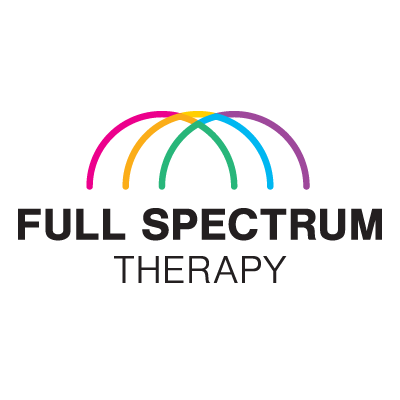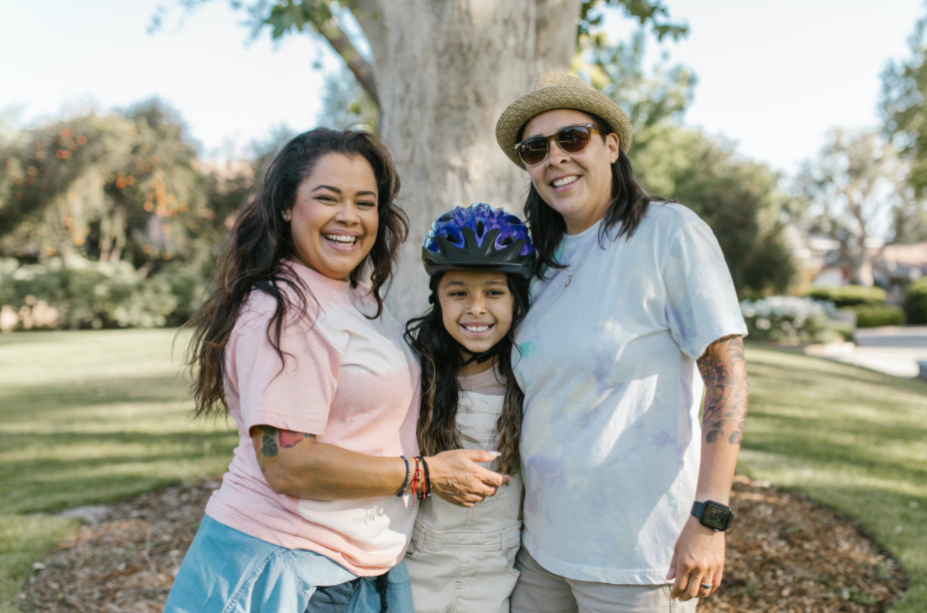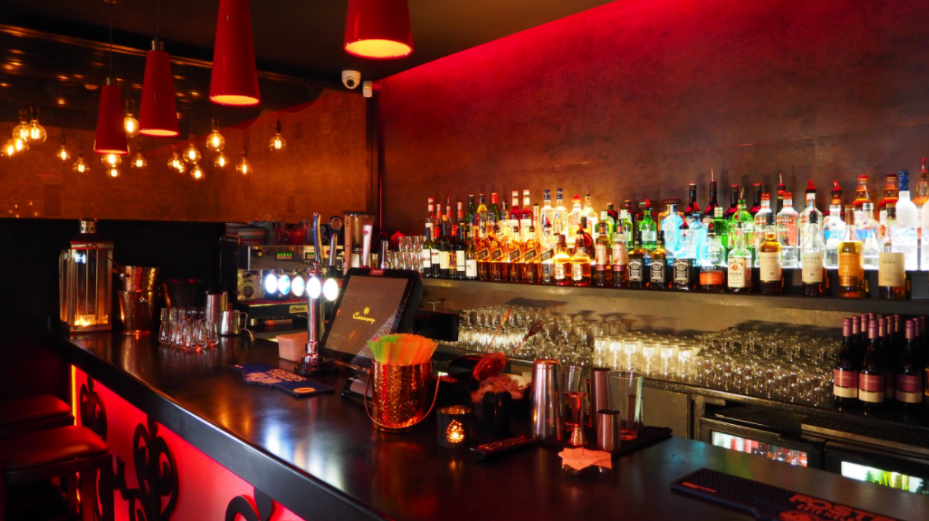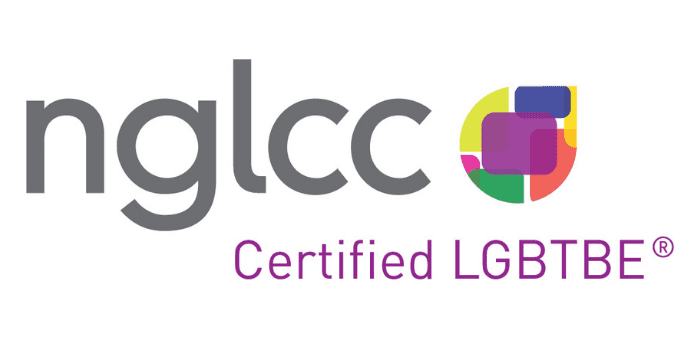So, you’re here, you’re queer, and you’re not going anywhere...sober.
Well, you’re in good company.
39% of LGBTQ+ folks used some type of illicit drug in the last year. The queer community has about twice the rate of substance use you’ll find among straights. Sure, that’s not necessarily measuring rates of addiction—just because you used something one time doesn’t automatically mean your use is out of control—but it is telling.
Even more telling?
Studies have shown that roughly 20-25% of the LGBTQ+ community has diagnosable alcohol dependence. That’s one out of every four of your queer buddies. Yikes.
The good news?
We have learned so much about the disease of addiction in recent years. (And, yes, it is a disease.) We have evidence-based treatments available for addiction now that work. There are many, many queers who have fought the battle against addiction and won. There is more hope now for folks struggling with addiction than ever before in the history of medicine.
Still, though, LGBTQ+ friendly addiction support can be tough to find. Affirming recovery allies can make or break your healing journey.
Today we’ll talk about some of the biggest hurdles sober-curious queers face when changing their relationship to drugs and alcohol.
Problem #1: Queer Spaces Usually Center Around Alcohol and Drugs
Sure, straights like to drink and get high in groups, too. But the LGBTQ+ community has a much more limited number of explicitly welcoming spaces, and those spaces almost always center around alcohol and/or drugs.
Think about it: CC Slaughters, Blow Pony, Crush Bar, The E-Room (RIP), your favorite queer dance party, etc.—these places are all basically designed around drinking.
If you’re sober, these places might lose some of their appeal. For queers, missing out on full participation in some of the city’s most vibrant queer spaces means forgoing an important type of community connection. If dance parties and gay bars aren’t replaced with other meaningful, queer-affirming community activities, the loss can feel overwhelming.
Problem #2: Addiction Can Be Extra Isolating for Queers
If you find yourself struggling with addiction, you’ll notice that the experience is highly isolating.
The disease isn’t cute and the longer it goes unaddressed, the worse it gets.
You’ll do things you regret. You’ll disappoint yourself and your friends. You’ll find yourself prioritizing your next high over everything else—including some of your most cherished relationships.
These symptoms of the disease will push friends and family (chosen and/or biological) away.
Many queers already have strained relationships with family, neighbors, and co-workers because of homophobia and transphobia. The extra pressure that addiction places on our support networks can be devastating.
Problem #3: Most Addiction Treatment Programs Are Designed for Cishets, Not LGBTQ+ Folks
There are very few inpatient addiction treatment programs designed especially for queers in the country. Portland has zero. (We do have at least one LGBTQ+ sober living home, though!)
Most addiction treatment programs, generally speaking, are not designed for queers. The counselors aren’t queer, the clinicians aren’t queer, the program designers aren’t queer, and the authors of the workbooks and teaching materials aren’t queer.
Queer affirming treatment is at its most effective when it’s delivered and designed by the queer community. Dealing with addiction and walking the path of recovery is already tough. You shouldn’t have to deal with random microaggressions and heteronormativity at the same time.
Problem #4: Faith-Based Programs for Addiction Can be Unhealthy for Queers
Faith-based programs (think 12-step programs, Celebrate Recovery, or Refuge Recovery) have helped a lot of people—including many queers—recover from addiction. Spirituality and/or faith can be extremely powerful tools for recovery. If you find yourself drawn to that approach, by all means, listen to that intuition.
Sadly, institutionalized homophobia and transphobia are historical and current realities at many religious organizations. Many LGBTQ+ folks have direct, first-hand experience with traumatic rejection from within their own faith tradition. Others are just aware that many religious organizations are hostile to the community in general. As a result, many queers don’t feel safe or welcomed in faith-based spaces, including faith-based addiction recovery programs.
Even when faith-based spaces are affirming and welcoming (and we are blessed to actually have many churches, synagogues, and recovery meetings like that in Portland), faith-based spaces can still be triggering to folks who have a negative history with religion as an LGBTQ+ person.
There is Affirming Help for LGBTQ+ Folks Struggling with Addiction in Portland
If you’re wanting to get sober—for whatever reason—and you’re looking for queer affirming counseling to help you along the way, we’re here to support you.
At Full Spectrum Therapy, all of our clinicians are a part of the LGBTQ+ community and most of our clients are, too. We get the disease of addiction. We’d love to help you make a plan to face this challenge head on in the way that works best for you.
Want to see if we’d be a good fit? Connect with us today!






